Diversity, Equity and Inclusion
Fostering a strong and inclusive region

Fostering a strong and inclusive region

Hate has no home in Durham Region. Through multiple initiatives, the Region of Durham is committed to addressing hate in all its forms.
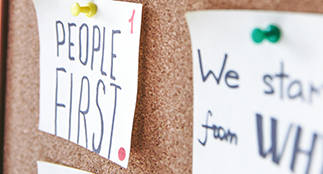
The Region of Durham is a place where diversity is embraced and each one of us is valued and included.

The Multicultural Calendar is an educational and informational resource to recognize significant days, weeks or months.
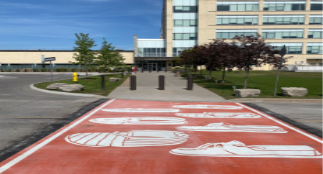
The Region of Durham is committed to advancing truth and reconciliation, and working towards building renewed relationships with Indigenous communities.

Ensuring that people of all ages and abilities enjoy the same opportunities and feel a sense of belonging is a priority at the Region of Durham.

As a Committee of Council, the Durham Region Anti-Racism Taskforce supports the implementation of the Region’s anti-racism framework by engaging with relevant partners and leading various impactful initiatives.

By recognizing the presence of structural, institutional and interpersonal anti-Black racism and condemning all forms of systems of oppression, we can work toward building safe and healthy communities.
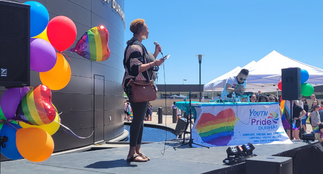
No matter what our gender identity, gender expression or sexual orientation is, we should feel supported and welcomed at the Region of Durham.

We are raising awareness and actively challenging anti-Asian racism by dispelling myths and misconceptions, promoting cultural diversity, and championing positive changes.
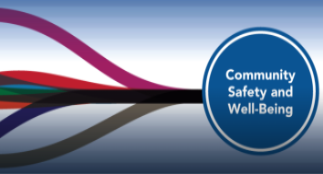
The goal of the CSWB Plan is to ensure communities in the Region of Durham feel safe and have a sense of belonging, and their needs for education, health care, food, housing, income, as well as social and cultural expression are met.
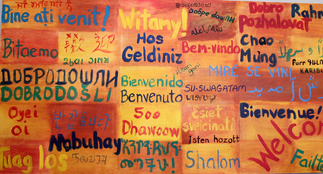
Durham has long been a community of choice for immigrants to Canada and it is important that all residents, including newcomers, see a place for themselves in Durham’s communities.
Contact Us